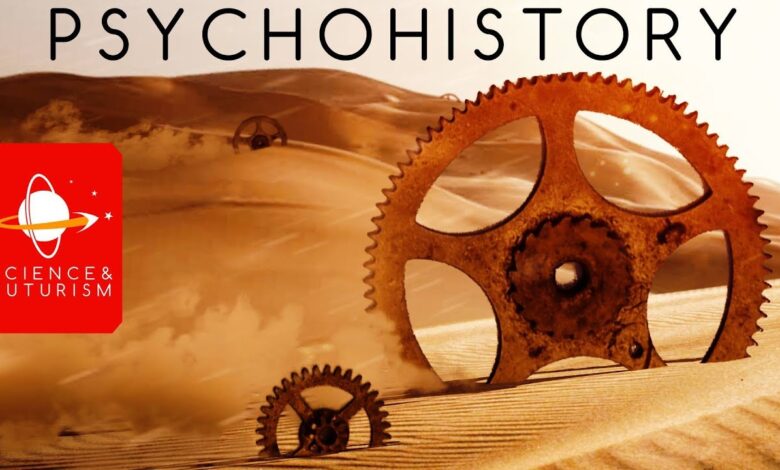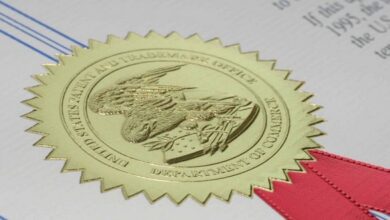
The American Presidential Elections
WHAT KIND of president do American voters want? Does optimism make a difference to the American voter? Political science was Harold Zillow’s hobby, and he began his graduate research by indulging in his hobby. We reread the nomination-acceptance speeches of the big losers and big winners of recent times. The discrepancies in optimism stuck out. Listen to Adlai Stevenson, twice a big loser, accepting his first nomination before the Democratic convention in 1952: When the tumult and the shouting die, when the bands are gone and the lights are dimmed, there is the stark reality of responsibility in an hour of history haunted with those gaunt, grim specters of strife, dissension and materialism at home, and ruthless, inscrutable and hostile power abroad.
The 1988 Election
PSYCHOHISTORY AS practiced in academia attempts to “postdoc” events–to predict the past by studying the even earlier past. So in the notorious Young Man Luther, Erik Erikson takes what he can glean about Luther’s toilet training and “predicts” that Luther will become a religious revolutionary, bent on the destruction of authority. Not so astonishingly, that’s just what Luther becomes. There seem to be lots of room for peeking when the outcome is already known.
The Presidential Primaries of 1988
IN JANUARY 1988, thirteen contenders were out on the Hastings, speaking day after day in New Hampshire, Iowa, and elsewhere. Six Republicans were slugging it out, with Robert Dole and George Bush neck and neck in the polls. Smart money thought Bush would lose; Dole was tough and Bush a wimp. But the evangelist Pat Robertson, the conservative Jack Kemp, and the general Alexander Haig could not be counted out. The Democratic race was completely up for grabs. Gary Hart seemed to be making a comeback from sexual scandals and was once again leading the polls. Senator Paul Simon, Governor Michael Dukakis, Senator Albert Gore, and Representative Richard Gephardt were all rated as having a chance. The Reverend Jesse Jackson, it was thought, would get only the black vote.
The 1988 Presidential Campaign
ON L Y HALF THE primaries were over when we got a call from The New York Times. The reporter we had sent our predictions to (it was he who actually first suggested we CAVE the stump speeches), seeing how well they were working out, had written a story about it. “We’re going to run it on the front page,” he said and asked who would win the election. We tried to be evasive.
The Senate Elections of 1988
THIRTY-THREE Senate seats were being contested, too, and for Twentynine of them, we were able to obtain speeches both candidates had given earlier in the year. Mostly in the summer and the spring. Most of these were the speeches the would-be senators made when they announced their candidacy-that is, well before the close of the campaign. So possum differences-unlike those in the final Bush-Dukakis debate could hardly stem from being ahead or behind in the polls. The day before the election, Harold ran his final possum analysis of the twenty-nine and committed himself, with sealed envelopes sent to various unimpeachable witnesses.
Explanatory Style across Frontiers
IN 1983 I WENT to Munich to attend the Congress of the International Society for the Study of Behavioral Development, and on the second day, I fell into conversation with an intense young German graduate student who introduced herself simply as Ele. “Let me tell you the idea I had when you were talking this morning about the CAVE technique,” she said. “But first let me ask a question. Do you think that the benefits of optimism and the dangers of pessimism and helplessness and passivity reflect universal laws of human nature, or do they hold true only in our kind of societyWesternized, I mean, like America and West Germany?”
That was a good question. I told her I sometimes wondered whether or not our concern with control and with optimism was conditioned by advertising on the one hand and the Puritan ethic on the other. Depression, I said, doesn’t seem to occur in non-Western cultures at anything like the epidemic rate it does in Westernized ones.
Religion and Optimism
IT IS OFTEN thought that religion produces hope and allows troubled people to better face the trials of this world. Organized religion provides a belief that there is better to live than meets the eye. Failures of individuals are buffered by belief in being part of a much larger whole: Buffering takes place whether the hope is as concrete as a golden afterlife or as abstract as being part of God’s plan or just part of the continuity of evolution. Findings on depression bear this out. Conducting studies in the Outer Hebrides, George Brown, the London sociologist who has made a life’s work out of interviewing depressed housewives, has shown that staunch churchgoers experience less depression than no churchgoers.
Last word
But it is only a beginning. It does suggest that psychologists of the future need not confine themselves to questionable laboratory studies or expensive studies of groups over time to test their theories. Historical documents can provide a rich testing ground, and predicting the future can offer an even more convincing test of theories. Hari Selden, we like to think, would have been proud.




